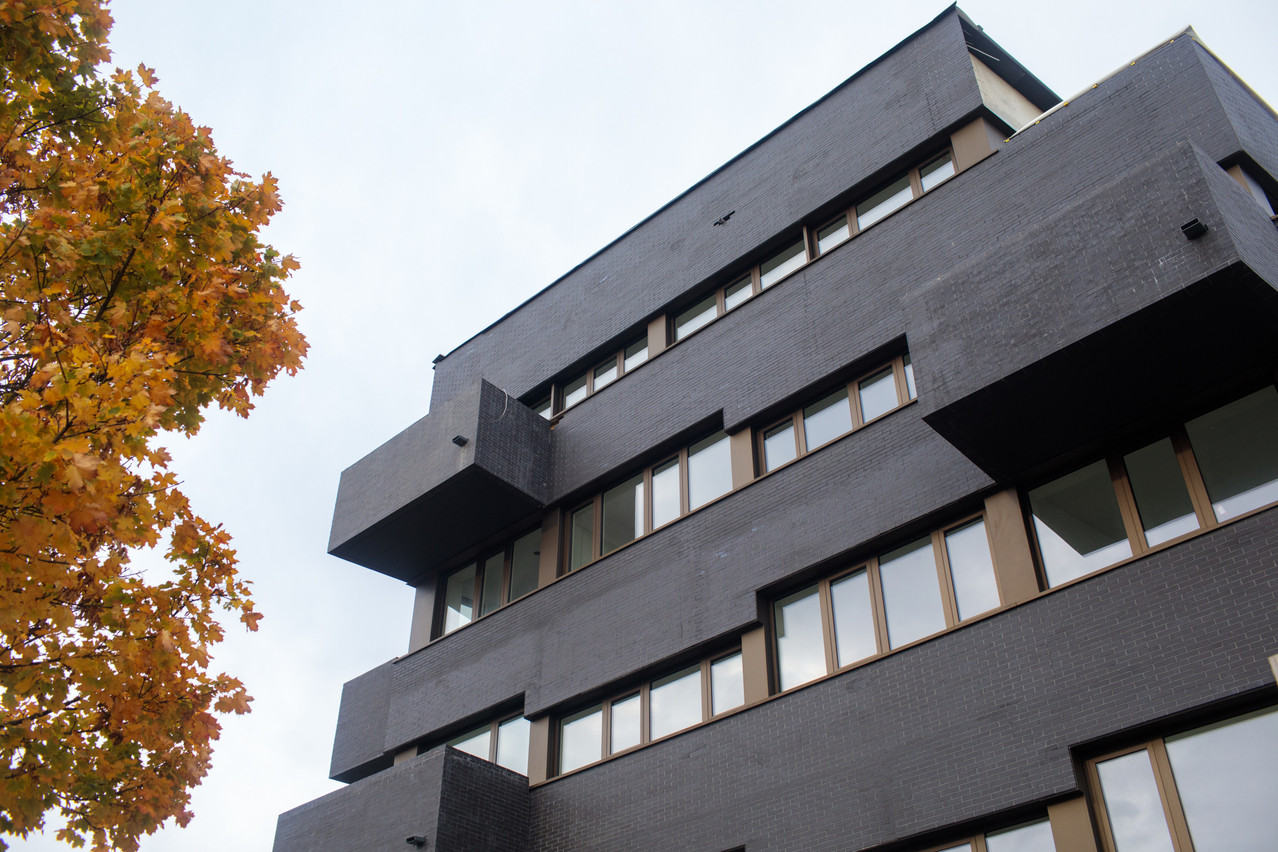The study revealed that, for well-off owners, the impact of the property tax was minimal and the non-taxation of imputed rent--the non-existent income an owner-occupied obtains by living in his own house--benefited them strongly. By renting their property, these landlords also have deductions on their rental income.
Tenants, in turn, draw the shortest stick in this situation. Those in the inferior quarter--one in five households in the country--only receive 6.6% of all gains from the current social and fiscal arrangements. The study noted that tenants, especially of lower-income households, might benefit from rent subsidy and subsidised rental housing, but that this type of housing remains limited in the grand duchy. In effect, only 2% of housing in Luxembourg is considered affordable.
Read also
Owners of the two upper “quarters--who represent 33% of the grand duchy’s households-- have access to 56% of the gains resulting from socio-fiscal measures linked to households, whereas the owners of the two lower quarters (20% of all households) only have access to about 18,5% of profits.
The observatory’s findings support the need for a vast change in social housing aids and general housing-related legislation, as was highlighted by Kox at the presentation on 1 February. As the housing crisis gains in importance, the so-called homeowner bias, which, if unaddressed could contribute to a higher volatility of property prices, needs to be regulated.
Kox in January to address the ongoing crisis. A change in eligibility thresholds as well as an implementation of more sustainably affordable accommodations are part of his strategy. Economy minister on 31 January --as he considers them to contribute to the soaring prices of property. The government will also vote on a property tax in 2022, as was announced by prime minister Xavier Bettel (DP), so as to put pressure of owners of undeveloped land.
